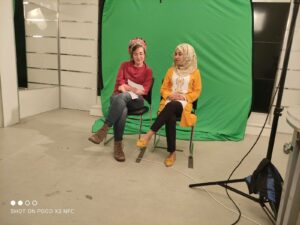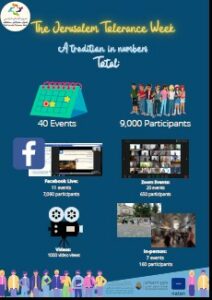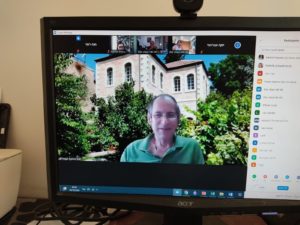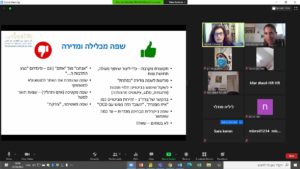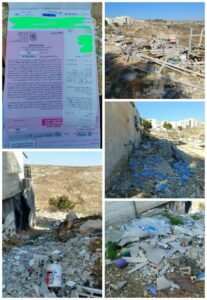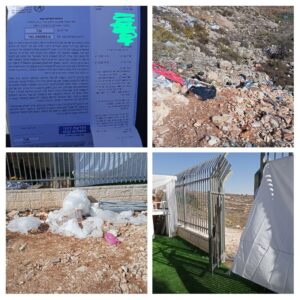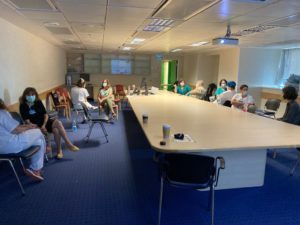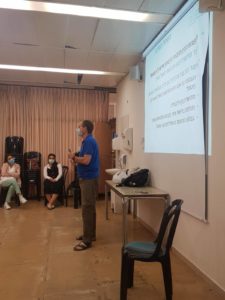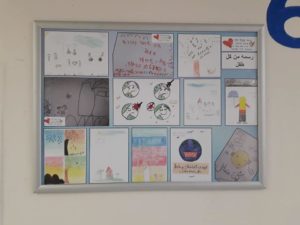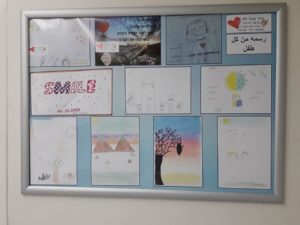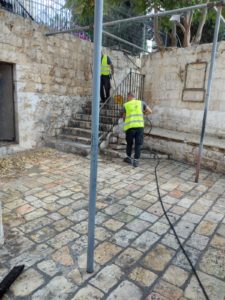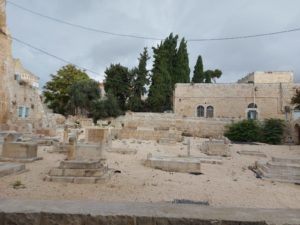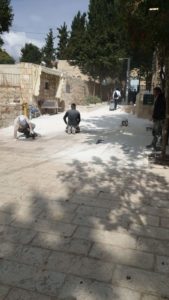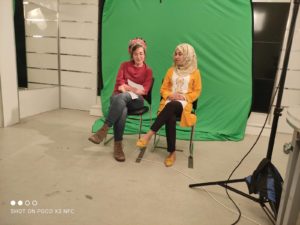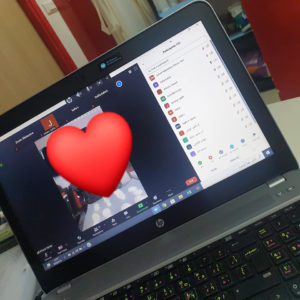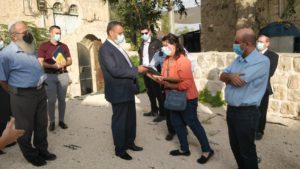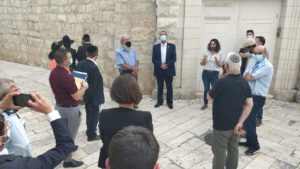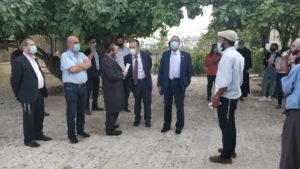Tolerance Week 2020
As in nearly all special events around the world, Tolerance Week in the shadow of COVID-19 brought with it many new challenges and questions. Should we hold Tolerance Week at all? Will there be events? Are Jerusalem activists ready and willing to produce initiatives and events outside or online? We decided that the effort needed to be made, and we would just have to wait and see what the reactions would be.
We soon discovered that not only was there an impressive response, but that people were happy to take part this week, especially now. The opportunity to raise their heads above the everyday and think about the Jerusalem and Jerusalemites around them was encouraging. Throughout the week there were 40 different events, which together created a special week that, now more than ever, reminded us of the uniqueness of Jerusalem.
During the week, 40 events took place throughout the city and online:
- 20 Zoom events, attended by 650 people.
- 11 events broadcast live on Facebook or YouTube, which were watched by 7090 people.
- 7 events that took place in outside, in accordance with Ministry of Health guidelines, in which 160 people participated.
- 2 videos that were uploaded online and provided quality content during the week, which were watched by about 1000 people.
- A total of 9,000 people took part in the activities of Jerusalem Tolerance Week 2020.
Activities included tours of the Old City and the Katamon neighborhood, talking about the language of tolerance, the Jerusalem LGBT community and an interfaith meeting. We watched videos about the organizations in the Jerusalem Tolerance Coalition and an amazing song by the Jerusalem Youth Choir. We sat around a campfire together, secular and Haredi people. We dreamt and fulfilled dreams in a Social Action Hakathon of young people from East and West Jerusalem, where we sat for hours thinking and planning social initiatives that will affect all parts of the city. We enjoyed a diverse, artistic evening about different aspects of the mask in our lives, and met with neighborhood children in draw on sidewalks with chalk. Toward the end of the week we met to sing and thank the medical teams from all over the city for their hard work over the past several months. There were many more events and meetings that accompanied the week and together created a multicultural image of Jerusalem, which once again shows the beauty of Jerusalem.
You can read more about Tolerance Week here. A full list of events in English is available here.
May we have many more years of Jerusalem tolerance!
Here’s the post from the Jerusalem Tolerance Facebook page (Hebrew):
And, of course, many thanks to the Jerusalem Foundation, the Natan Fund and the U.S. Embassy Jerusalem, Tel Aviv Branch Office and U.S. Consulate General Jerusalem for helping us to advance tolerance and cross-cultural activism in Jerusalem.

